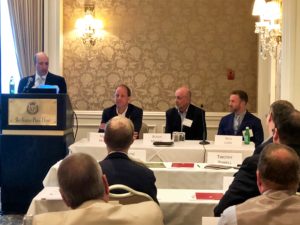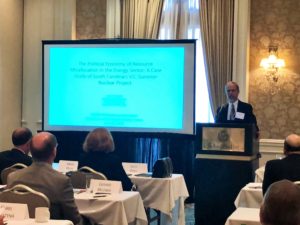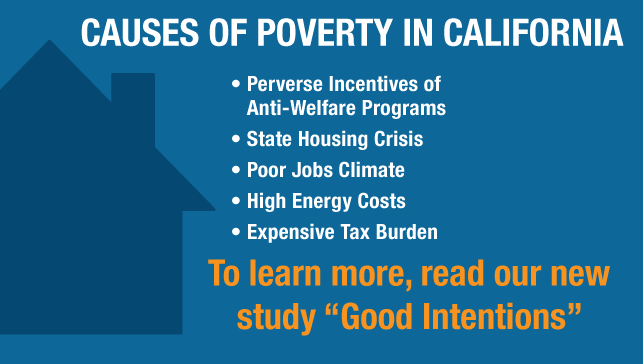Whenever you hear about efforts to preserve our environment, it always involves ill-conceived policy prescriptions, taxpayer-funded subsidies, or heavy-handed government mandates.
Take, for example, the work by PRI’s Wayne Winegarden on electric car subsidies. While noble in intent, the subsidies amount to government playing car salesman. Using your money,

government leaders want you to buy much-more expensive electric cars that they believe are a more environmentally-noble choice.
His study found that 79 percent of the subsidies are claimed by households making more than $100,000 per year. And they are a flop. Despite government putting its thumb on the scale, electric cars average around 0.5 percent of the total car market.
Electric car subsidies aren’t alone. In practice, government “green energy” policies are threatening people’s individual freedom, private property rights, and economic livelihood.
This subject was the subject of a recent policy summit PRI held in Vancouver in conjunction with the Institute for Humane Studies at George Mason University.
Participants, who included academics and students from across America, listened to presentations by think tank scholars, academics, and leaders in their field discuss how free-market ideas can make a real difference in safeguarding our environment for future generations.

It was one of those events where you should’ve been there. The presentations and panelists were excellent and thought-provoking.
I was most struck listening to the keynote presentation by Professor Jody Lipford of Presbyterian College in South Carolina.
He presented the findings of his study analyzing the efforts of South Carolina’s electric utilities to build nuclear power plants in the Palmetto State. They tried to take advantage of generous federal tax credits and subsidies and a favorable policy climate to build these plants. In practice, they failed miserably in their task. Taxpayers were stuck with much higher electric utility bills and increased debt – but no power plants.
When listening to his presentation, I couldn’t help but be reminded of the debacle that is California’s high-speed rail project. Clearly South Carolina’s nuclear power proponents compared notes with our state’s high-speed rail cheerleaders. You literally could substitute California for South Carolina and increase the numbers and you’d have a report on our high-speed rail boondoggle.
Stay tuned to PRI’s podcast in the coming weeks to hear our interviews with some of the panelists from our Vancouver conference. Last week, we interviewed Marlo Lewis of the Competitive Enterprise Institute on the conference’s theme on working toward a free-market environmental future. Next week, we will interview Nick Loris of the Heritage Foundation on why gas prices are so high in California.
Tim Anaya is communications director for the Pacific Research Institute.

